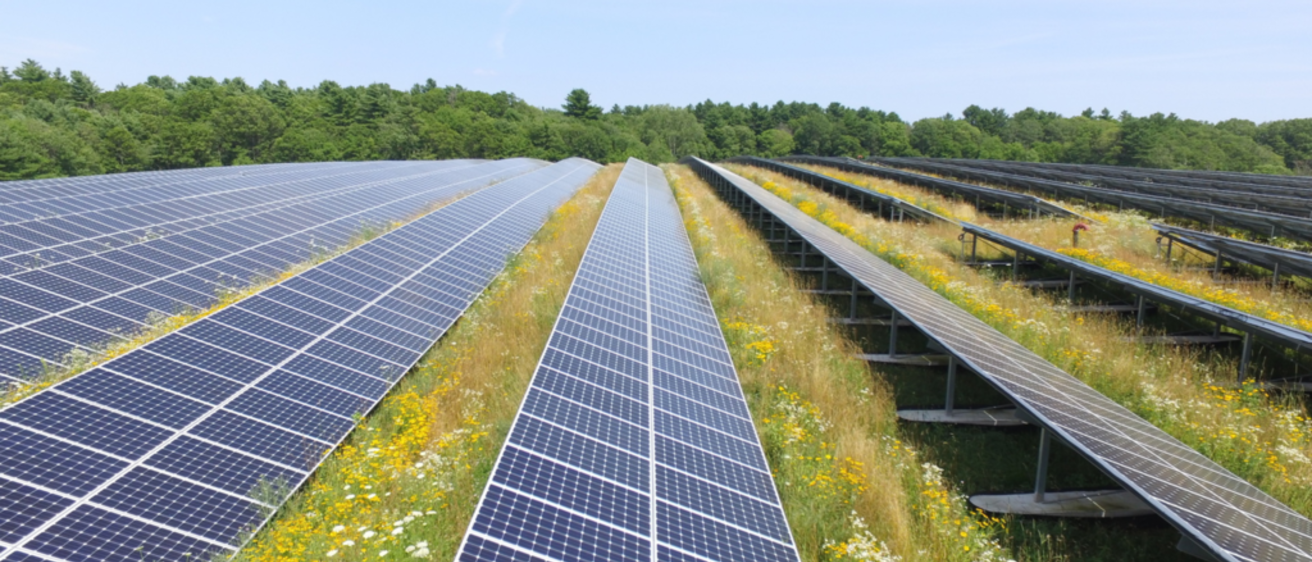The panel discussed solar energy at the municipal, county, and state levels
IOWA CITY, Iowa (KWQC) - The University of Iowa College of Law held a panel discussion on the use of solar energy in Iowa on Tuesday.
Experts from across the state gathered at the Boyd Law Building to discuss how solar energy impacts the state at the municipal, county, and state levels.
Nick Boeyink, the Executive Director of the Iowa Conservative Energy forum says solar energy has been something Iowan lawmakers have been working towards.
“We’ve had a long time in Iowa bipartisan support for clean energy,” Boeyink siad. “Conservative leadership, as you wouldn’t always expect, especially in these days of [former governor] Terry Branstad and Senator Grassley. were the first to establish a global portfolio standard. And since then our state legislature has really observed green energy as bipartisan success story.”
One question that was at the heart of the conversation was why do communities want to pursue solar energy. According to Andy Johnson, the Executive Director of Clean Energy Districts in Iowa, the list ranges from economic impacts to sustainability amongst others.
“There’s interest in resilience through local clean energy generation, so that if we had another derecho or the grid goes down communities, even if they haven’t had that, even if they weren’t impacted are kind of thinking about like, what does it look like if something like that were to happen to our community,” Johnson said during the panel discussion.
Some solar farms have faced backlash, especially in Scott County where a few weeks ago, the Scott County Board of Supervisors passed an ordinance that limits the amount of solar acres on a farm based on soil quality.
However, other counties such as Linn County, have a different approach to solar farms and already have some projects in the works.
“The first project was submitted to July 2021,” Charles Nichols, the Director of Planning and Development for Linn County said. “It’s about 750 acres of panels have been 100 megawatt generation capacity. For those of you who don’t know, there’s currently one utility scale solar project built in the state of Iowa and it was built in Wapelo. Very similar size, about 750 acres.”
The panel series concluded with a discussion about solar on a statewide level and how it would be stored and used throughout the state.
The Hubbell Environmental Law initiative hosted the event and tries to engage with Iowans on environmental issues across the state and nationwide.
